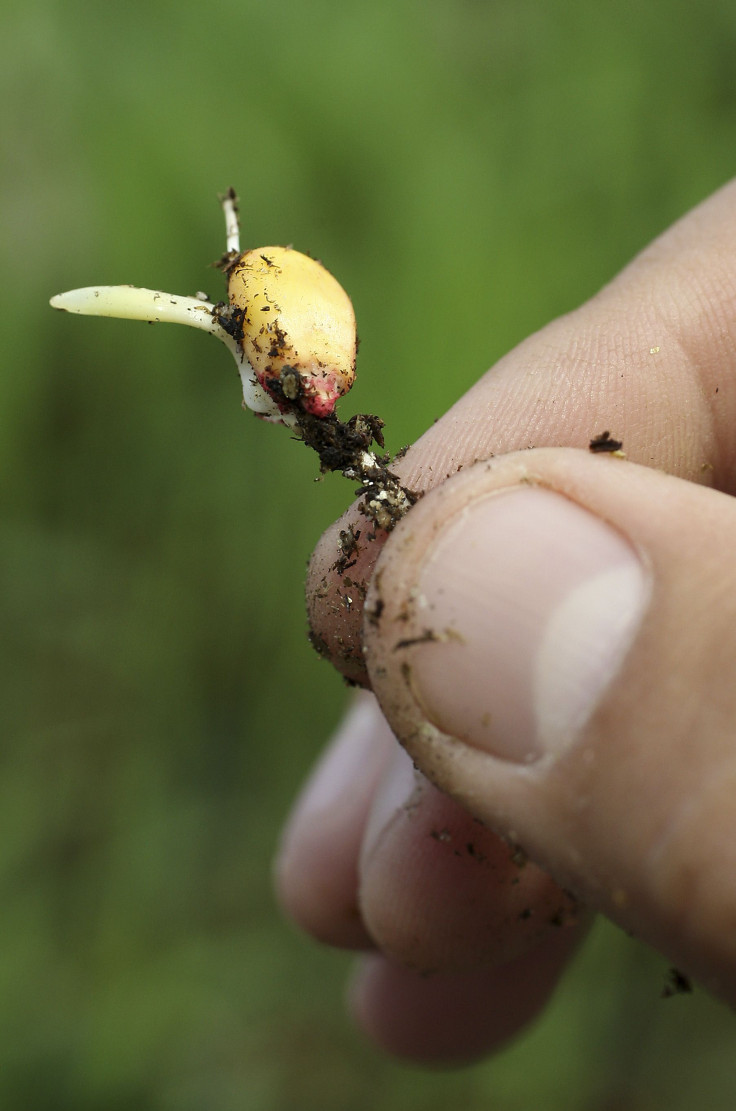Bayer's Monsanto Acquisition To Face Politically Charged Scrutiny

As the global agricultural sector races to consolidate, Bayer AG's $66 billion all-cash deal to acquire Monsanto Co will test growing political and consumer unease in the United States and abroad over the future of food production.
Bayer’s pesticide-focused agricultural business has few overlaps with Monsanto's dominant seed franchise, according to the companies' executives. Still, marrying two of the world's top farm suppliers at a time when rivals are also merging is fueling concern over reduced competition in the $100 billion global market.
Monsanto and Bayer "have chosen to do a deal in the year of merging dangerously," said David Balto, a former policy director at the U.S. Federal Trade Commission. "They are in for a tough time."
U.S. Senate Judiciary Committee Chairman Chuck Grassley has called a hearing next Tuesday to scrutinize the wave of consolidation. Farmers in Iowa, the Republican senator's home state, are worried that seed and chemical costs are rising while grain prices are near their lowest levels in years. Farm incomes have plunged.
Senator Bernie Sanders, who recently ended a run for the Democratic presidential nomination, called the deal "a threat to all Americans."
"These mergers boost the profits of huge corporations and leave Americans paying even higher prices," he said.
Senators Mike Lee and Amy Klobuchar, the two top antitrust lawmakers, also expressed concern. "The transaction has the potential to result in a significant loss of competition and reduced incentives and ability to innovate, thereby raising prices," said Lee, a Republican from Utah.
Monsanto agreed to sell itself to Bayer for $128 per share in cash, yet its shares hovered around $107 Wednesday, reflecting investor uncertainty about regulators. Bayer has agreed to pay Monsanto a $2 billion breakup fee if the deal is thwarted.
The German company aims to create a one-stop shop for seeds, crop chemicals and computer-aided services to farmers.
That was the idea behind Monsanto's swoop on Syngenta AG last year. The Swiss company fended off that offer only to agree later to a takeover by China's state-owned ChemChina.
U.S. chemicals giants Dow Chemical Co and DuPont plan to merge and spin off their seeds and crop chemicals operations into a major agribusiness.
If all these deals close, three companies would control nearly 70 percent of the world's pesticide market and 80 percent of the U.S. corn-seed market.
In addition, Canadian fertilizer producers Potash Corp of Saskatchewan Inc and Agrium Inc said on Monday they agreed to merge, sparking questions of whether regulators will sign off on the new company's potential pricing power.
© Copyright Thomson Reuters 2024. All rights reserved.




















